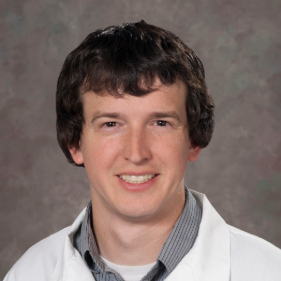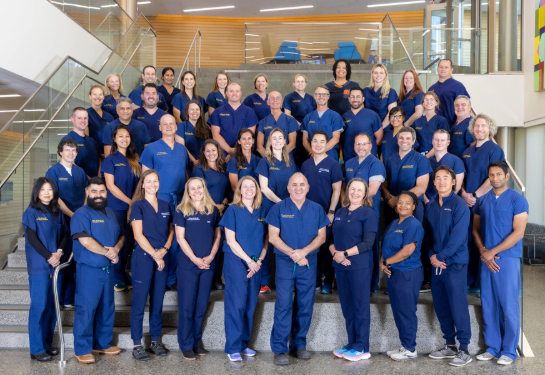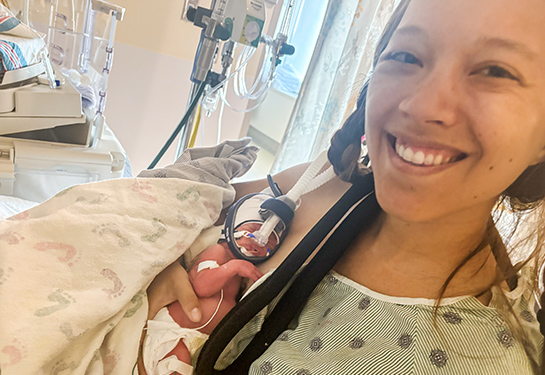UC Davis Health awarded grant to study impairment-related, motor-vehicle crashes
$1.8 million funding builds on previous research
The Department of Emergency Medicine at UC Davis Health has received a $1.77 million grant to study the role intoxicating substances and medications play in roadway crashes. The grant supports a continuation of work that has been ongoing for the past year.
In 2024, Sacramento was ranked one of the worst cities for drunk driving in the United States, according to a study from LendingTree. The study looked at the DUI rates in 50 of the largest cities across the country and found that Sacramento had the second-highest rate behind only Raleigh, North Carolina.
For every 1,000 drivers in Sacramento, 1.31 have been arrested for driving under the influence of drugs and/or alcohol, according to the study.
“This grant will allow us to expand data collection and analyses, which will enable us to help implement proven countermeasures for drug and alcohol impaired driving.” —James Chenoweth, director of toxicology research
“Motor vehicle-related injuries are a leading cause of death for people across the nation and are exacerbated by the effects of intoxicating substances,” said James Chenoweth, director of toxicology research and associate professor of emergency medicine. “This grant will allow us to expand data collection and analyses, which will enable us to help implement proven countermeasures for drug and alcohol impaired driving.”
The grant is funded by the California Office of Traffic Safety through the National Highway Traffic Safety Administration. The award will finance research at UC Davis Medical Center and Harbor-UCLA Medical Center on the presence of potentially intoxicating substances in patients injured in serious and fatal crashes.
Data from the emergency departments will be shared with the Office of Traffic Safety, which aims to decrease roadway injuries and deaths in California.
The grant runs through September 2025.






